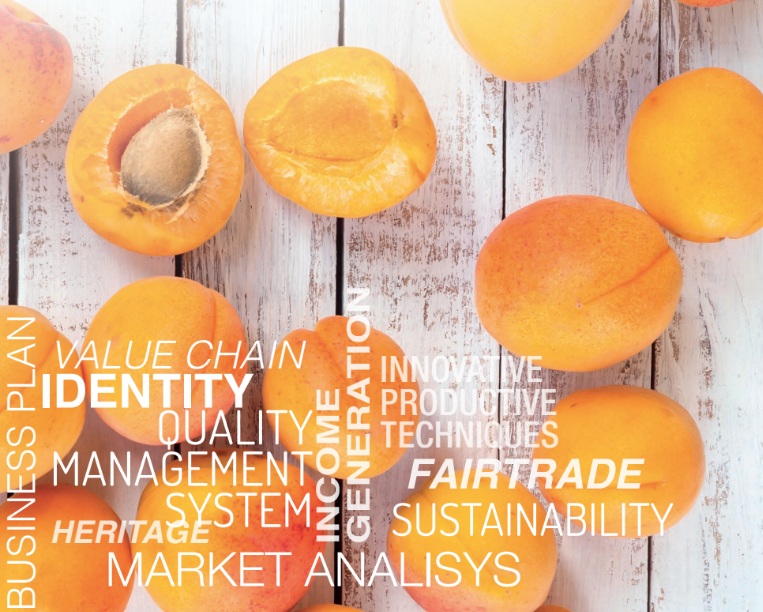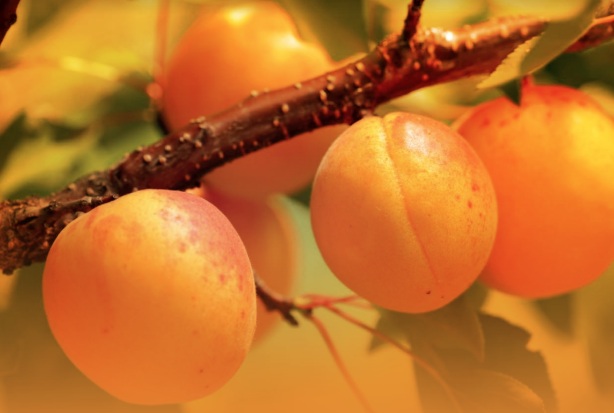The Lebanese Apricot farms
The Bekaa valley in Lebanon features peculiar weather and most Raffaele Quadri convenient agro-climatic conditions for the apricot trees to grow. The cold winter and dry spring, a rich soil and a full sun exposure contributes to a uniquely refined taste, excellent firmness, color and sugar content. The Apricot tree cultivation in Lebanon has remarkably developed over the last 70 years and nowadays represents, for Lebanese farmers, a passion and a heritage. Farmers apply the finest cultivation techniques from orchard management, pest and disease management till harvest and post-harvest practices. Producers whose partecipate in the project do not refer to any single organisation representing them as a whole: they tend to be organised in several groups based on geographical criteria in neighboring territories with specific soil, altitude, climate and varietal characteristics.

The project
The Bekaa Apricots production value chain represents the core of a promotion strategy endorsed by advanced and prestigious research institutions, universities, large scale distribution and public bodies which, under the John Paul II Foundation’s coordination, fosters a quality-oriented production reorganization based on environmental sustainability and compliance to international market standards.
- The Quality Management System describes a quality control system applied
to soil and shrub cultivation, aimed at favouring a high quality and efficiency-oriented
production, harvest, selection and preparation of the final product to ensure maximum
quality standards.
- The Agro-ecological approach pursues a cultivation philosophy favouring a
natural balance among the trees and the surrounding ecosystem through application of
production techniques paying particular attention to natural resources preservation and
limiting utilization of pesticides and chemical fertilizers.
Favourable growth conditions are promoted, fostering productivity and quality enhancement.
- Market-oriented production: Awareness and knowledge about market trends allow
to orient and guide production to respond to the quality demand of international markets
and valorise the product’s characteristics.






